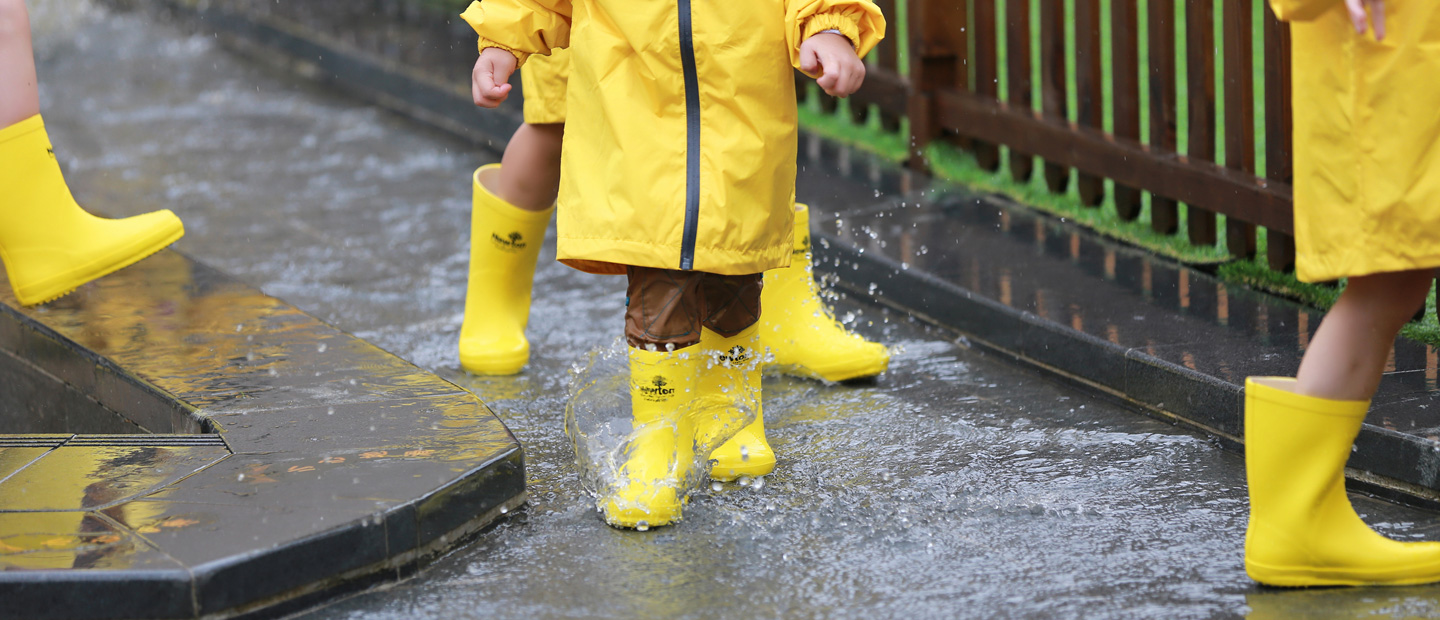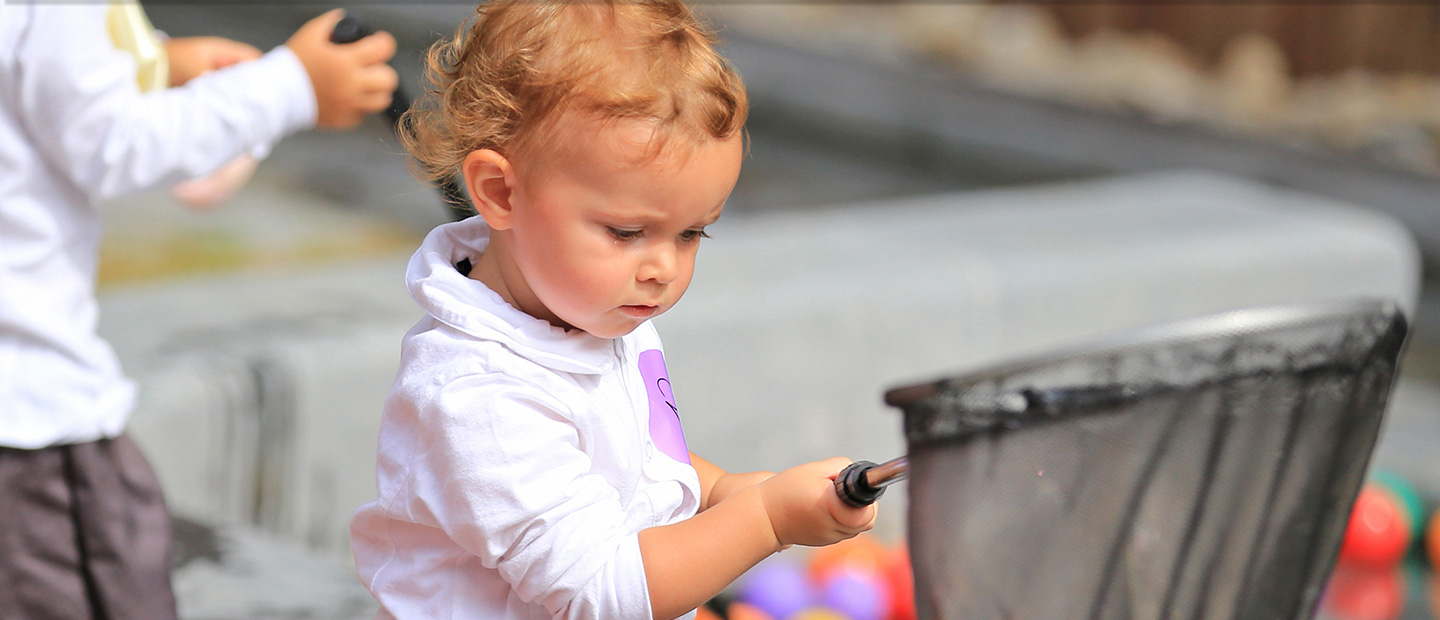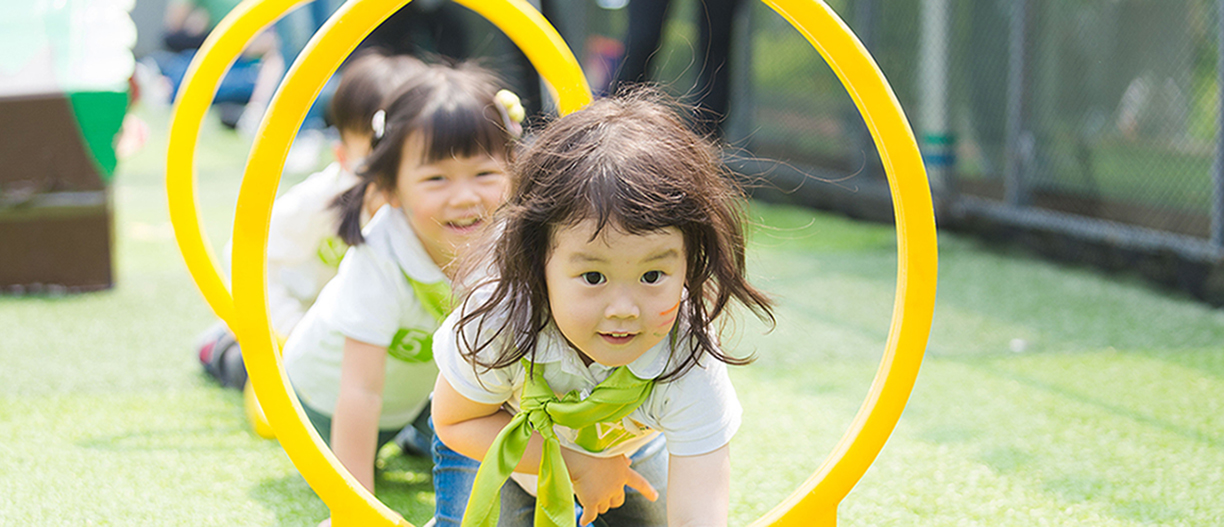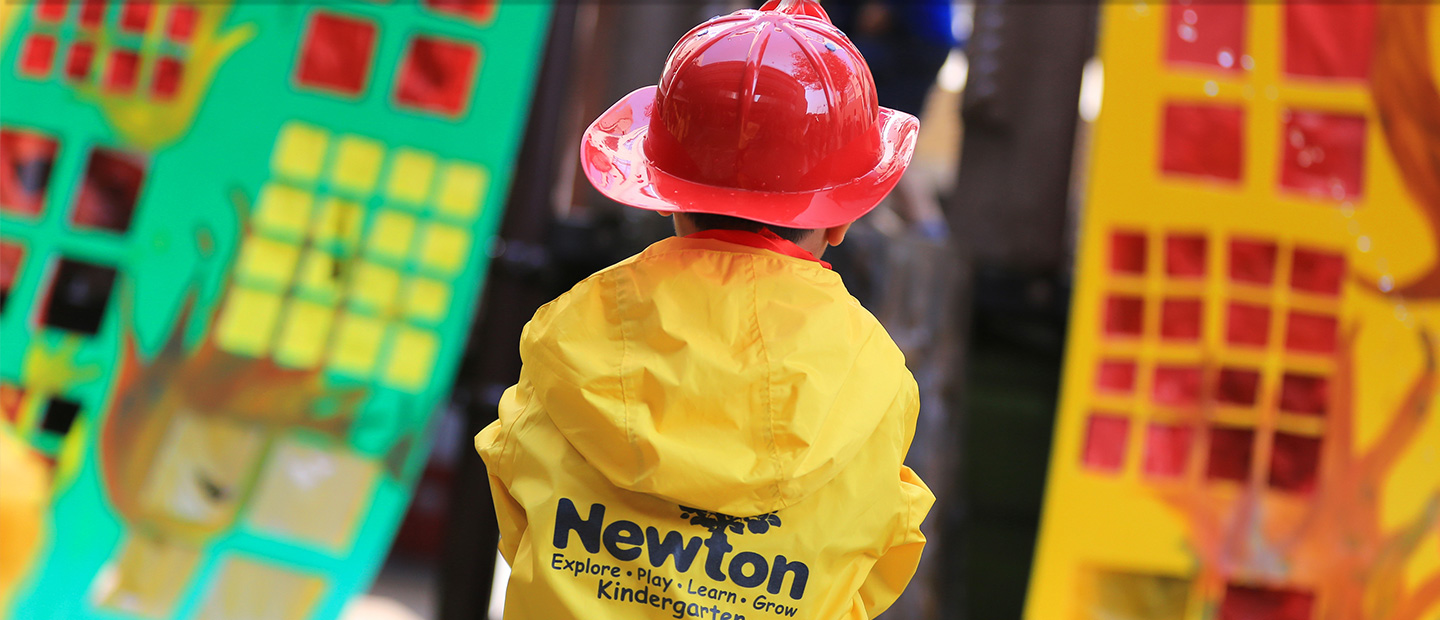As the 51st anniversary of April 22 Earth Day is approaching, the household waste sorting program in Suzhou has officially been put on the agenda. The action plan for classifying and the disposal of urban household waste in Suzhou for 2020 is being drafted. The regulations on the classification and management of urban household waste in Suzhou will be formally implemented on June 1, 2020.

It has been nearly 10 years since Newton Bayside campus has been carrying out waste sorting trainings for the children and the teaching staff, trying to raise their awareness of environmental protection and to call on them to adopt an energy-saving lifestyle. It has become a campus tradition to continually sort waste and recycle. How do we classify garbage and understand which garbage belongs to which relevant category? Let's look at the classification methods from the following illustrations
Recyclable waste:

Harmful Waste:

Kitchen Waste:

Other waste:

Minimizing Space ofPaperBoxes,Bottles andCans
Since we have learned garbage categories and classification methods, what else should we pay attention to in the specific classification and recycling process? Let’s follow our children to practice a bit:“Minimizing Space” before recycling paper boxes, bottles and cans. Due to the limited capacity of a garbage can, garbage like cartons, plastic bottles and cans always occupy a large space. Staff and children in Newton practice specific ways of minimizing garbage for saving space. People around the campus have reached a common agreement: cartons will be disassembled, flattened and then recycled; for the plastic products, things like the bottle cap, straw, etc., they will be emptied, cleaned and dried as much as possible, be flattened and then be recycled. 

Centralized recycling of hazardous waste
Hazardous wastes, which can cause secondary pollution and injury to garbage recycling workers, need special and safe treatment. Newton Bayside campus has been committed to the recycling of hazardous substances since 2013. A fixed battery recycling station and hazardous waste recycling place have been set up in the campus to store hazardous wastes separately such as waste batteries, waste light bulbs, sharp metals and toxic residues. The hazardous waste will be regularly disposed by relevant departments.


Recycling of kitchen waste
Kitchen waste is a large part of household waste, which is very prone to corruption and deterioration, and easily attract mosquitoes and flies. At Newton campus, the primary processing waste and kitchen waste are strictly classified. It is required to drain the kitchen waste before recycling, things like paper towels, toothpicks, plastic bags, and cling film etc. are not allowed to be mixed into the kitchen waste. Moreover, it is required to make full use of the high content of organic matter in the garbage, such as vegetable skins, vegetable leafs, etc. produced by the preliminary processing in the kitchen, to be put into the organic garbage disposal box for composting and recycling. In Newton, every child gets a good experience of turning waste into treasure from participating organic composting and planting. 

As we approach the 51st Earth Day, people at the Newton campus will continue to uphold and carry forward the tradition and culture of waste sorting and recycling. We will focus on the concept of Reduce - production reduction, Reuse- effective utilization, Recycle — recycling and regeneration, with the aspiration of "one campus can motivate one person, one person can motivate one family, one family can motivate the whole society”. We hope that through waste sorting and recycling practice in children's life it gradually become a part of children’s life education. At the same time, we will stick to carrying out waste sorting and recycling, and will be committed to maintain the stability of the natural ecology.

Previous: cooking class
Next: Earth Day Challenge| Have you joined in











